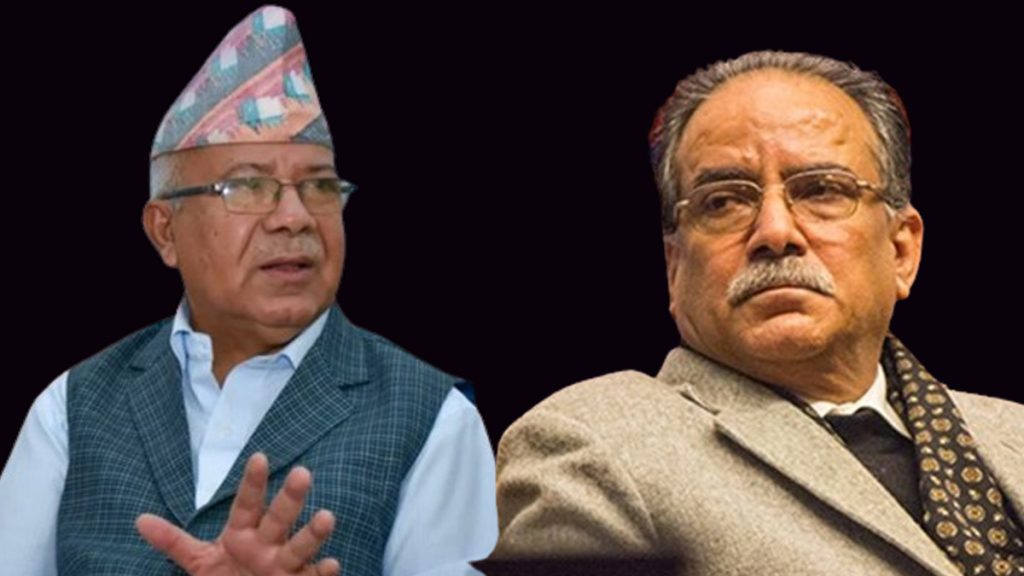
Kathmandu, Oct 30: Talks between Maoist Centre chair Pushpa Kamal Dahal Prachanda and CPN (Unified Socialist) chief Madhav Kumar Nepal have reached the final stage for party unification, but senior leaders Jhalanath Khanal and Ghanashyam Bhusal have raised objections, saying the move could dissolve the party rather than strengthen it.
Unified Socialist, which split from CPN-UML in 2021, has been sharply divided over its next course. Nepal and a majority of the 344-member central committee support a merger with the Maoist Centre, while Khanal, Bhusal, Ramkumari Jhakri and others favor either reorganizing the party or returning to the UML fold. Sources say Khanal and Bhusal command the backing of around 100 members.
The rift deepened after Nepal hinted during Wednesday’s central committee meeting that unification with the Maoists was imminent. The dissenting camp argues that the ideological and organizational grounds for unity have not been clearly defined. They plan to challenge Nepal’s political document and Beduram Bhusal’s briefing on unity progress during Thursday’s session.
According to leaders close to Nepal, the chairman is determined to go ahead with the merger. “Those who want to join will join, those who don’t will stay out,” one leader said.
The party had earlier formed a three-member negotiation team led by Beduram Bhusal to explore unification with like-minded forces. In his report to the central committee, Bhusal said talks with five parties were held and discussions with the Maoist Centre and Mahindra Yadav’s NESP were in the final phase. Most ideological and programmatic matters have already been settled, with only the name and election symbol pending.
Bhusal informed the meeting that the proposed unified party would likely be called Nepali Communist Party (Socialist) or NCP Socialist. The new party’s election symbol would be either a star or a pen. Prachanda and Madhav Nepal are expected to serve as convener and co-convener until a unity convention is held within six months.
Nepal’s political paper argued that unity among leftist forces sharing common principles should not be delayed, hinting that a merger announcement could come before November 15, the deadline for registering parties for the upcoming election on March 4.
But senior leader Jhalanath Khanal accused Nepal of abandoning revolutionary ideals. “We formed this party after rebelling against Oli’s authoritarianism, hoping it would be a progressive force,” Khanal told Ratopati. “Instead, Madhavji is turning it into a right-leaning, capitalist outfit headed for dissolution.”
Khanal warned that the merger would split the Unified Socialist into three parts: one joining the Maoists, one returning to the UML, and one trying to remain independent.
Internal debates are expected to intensify, with Khanal and Ghanashyam Bhusal speaking first at Thursday’s meeting, followed by Rajendra Pandey and Jagannath Khatiwada from Nepal’s camp.
In his opening speech, Nepal dismissed critics who questioned the 2021 split from UML, saying, “Those who think rebellion was unnecessary can return to Oli if they wish.” He stressed that unity before the election was essential to secure meaningful results.
Still, some leaders like Ramkumari Jhakri and Damodar Aryal publicly rejected Nepal’s remarks, saying the current coalition government had undermined the constitution and offered no assurance of timely polls.
Despite the divide, Rajendra Pandey, a senior vice-chair and unity supporter, urged members to think beyond personal positions. “If we keep sitting idle, we’ll fade away,” he said. Pandey warned that Nepal’s communist movement risked the same fate as India’s weakened CPI in West Bengal.
The party’s internal struggle now centers on whether the merger will revive or fracture Nepal’s left movement once again.
People’s News Monitoring Service





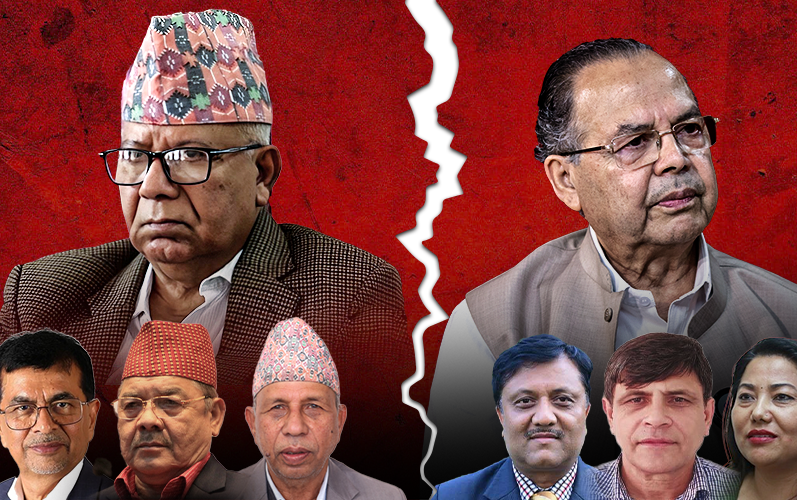
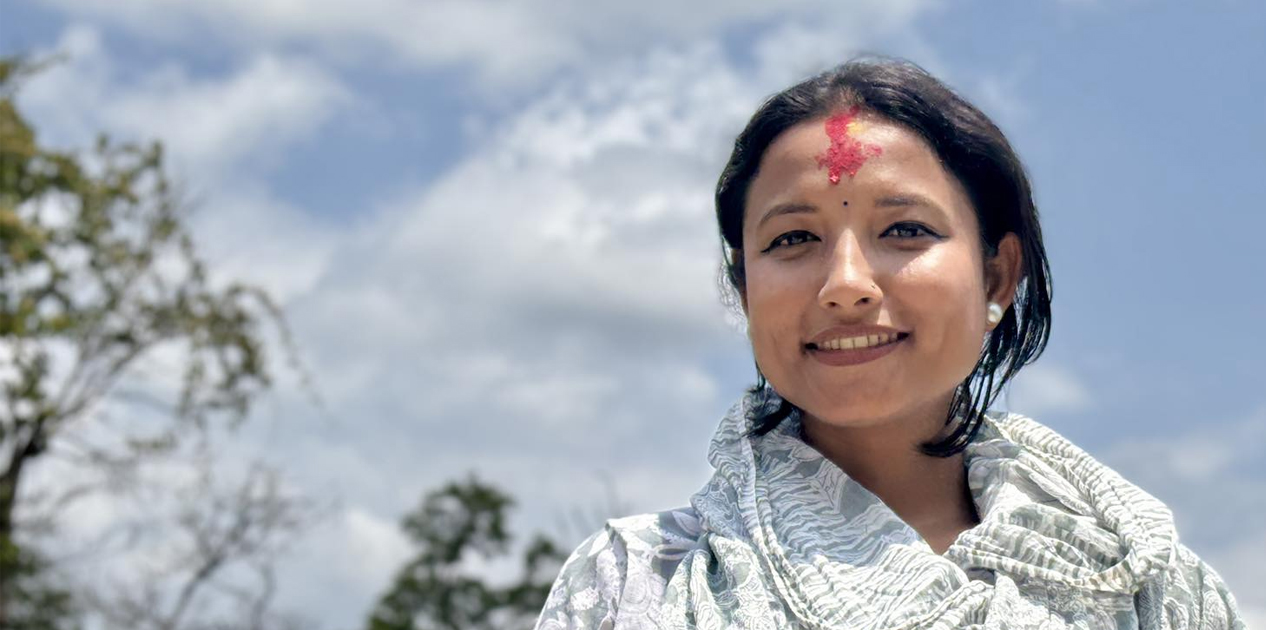

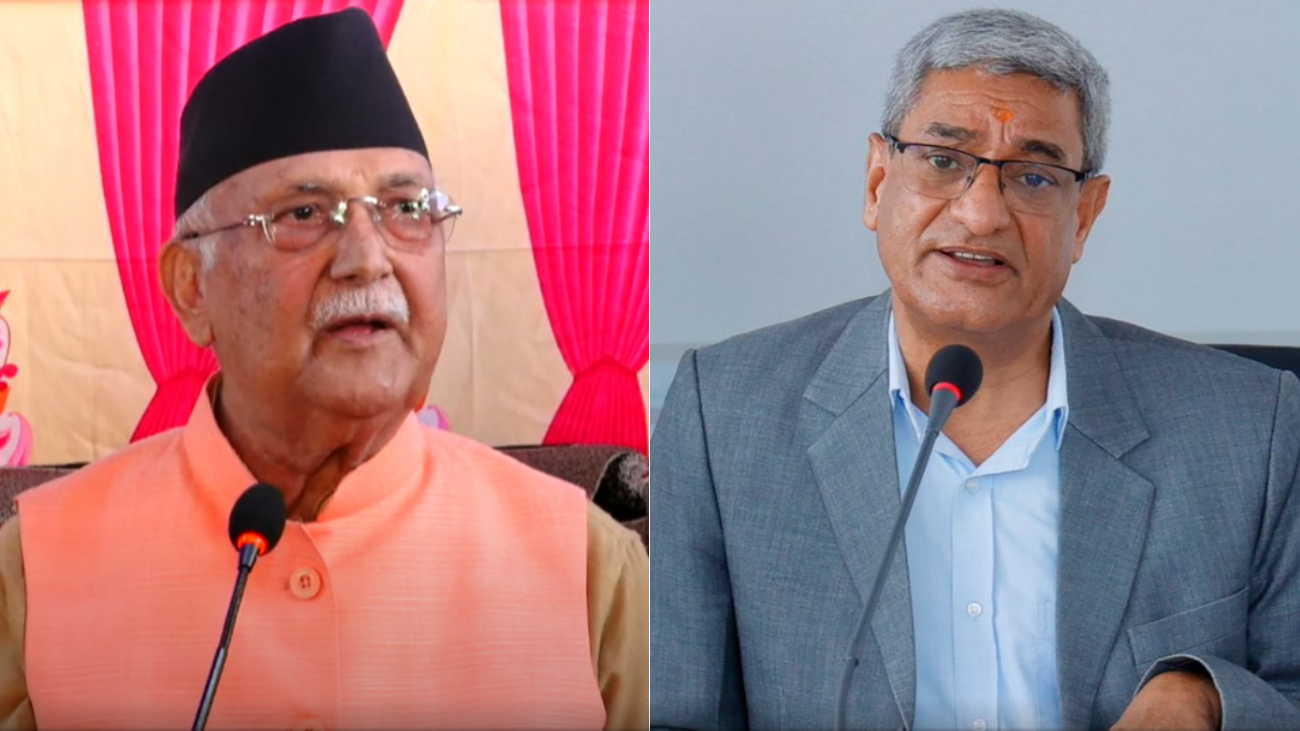

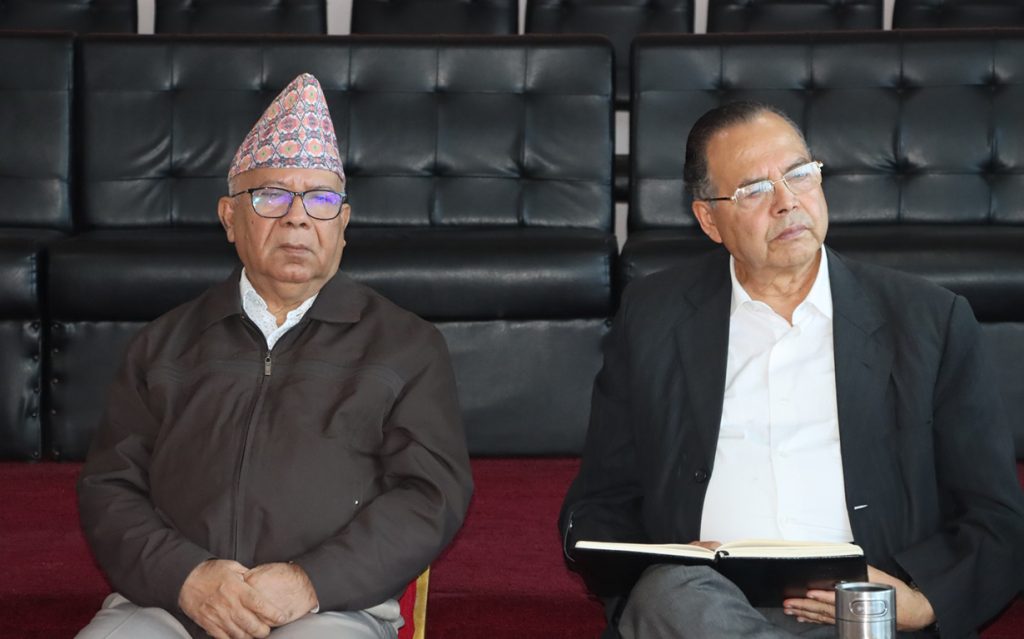

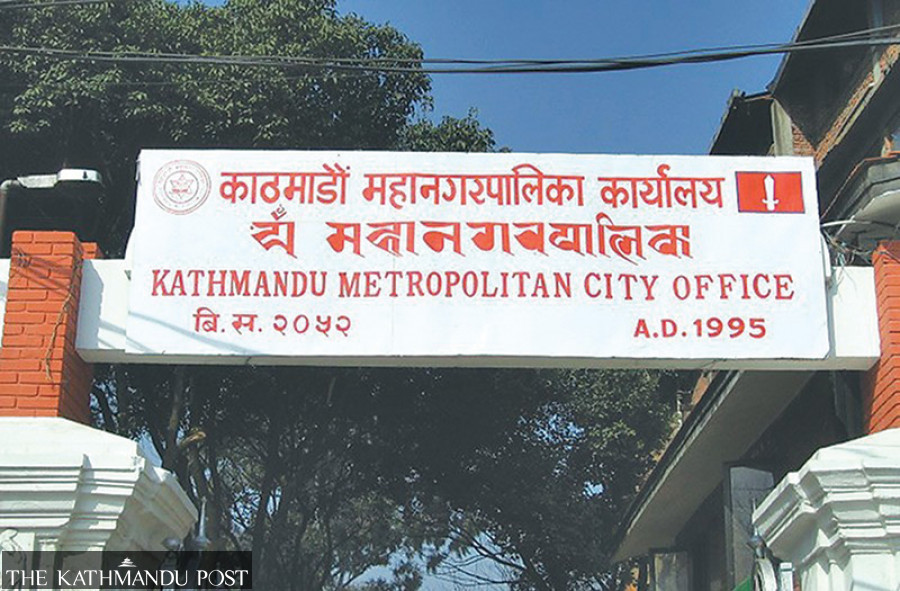


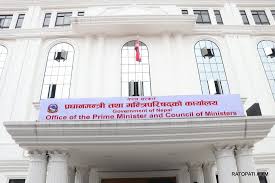

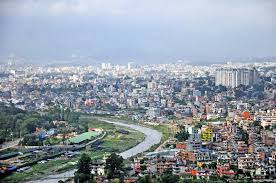

Comments:
Leave a Reply